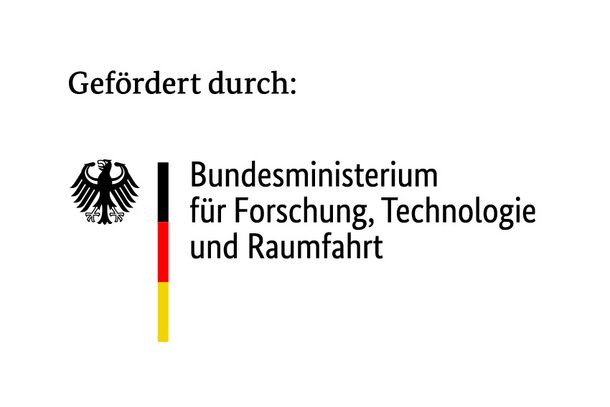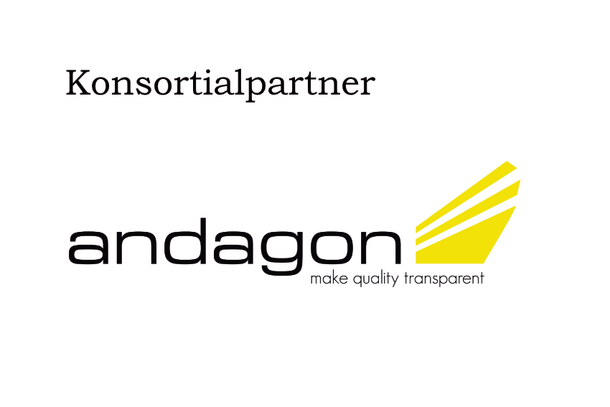GITI - Green IT Impact: Resource-efficient software development for sustainable IT solutions
GITI - Green IT Impact: Resource-efficient software development for sustainable IT solutions
The project ‘Green IT Impact: Resource-efficient software development for sustainable IT solutions’ aims to develop an innovative service and business model that contributes to the development of reliable life cycle assessments of software products within the framework of quality assurance in software development processes. For developers and stakeholders, this is a basic prerequisite for working to improve the resource consumption of software and striving for certification. To implement the project, metrics, procedures and tools must be identified on the basis of the transfer of current research results that simplify ecological sustainability testing procedures and make them applicable in practice. In order to assess the economic and ecological opportunities and risks, the procedure should be applied to at least two software products with and without integrated AI functionalities as part of a proof of concept (PoC) and then evaluated and adapted. In this way, weaknesses in the procedure can be identified and feedback opportunities provided to both internal and external parties. The project result is a consulting concept based on robust solutions that expand the field of quality assurance in IT to include the crucial aspect of sustainability. The long-term goal is to create a business model that incentivises companies to invest in the design of software development processes in an energy-efficient and resource-saving manner and to assess and reduce the environmental impact of a software product throughout its entire life cycle.
Partners and funding
The Green IT Impact project is a research project conducted by the Sustainable Technologies Laboratory in collaboration with its industry partner, andagon people GmbH. It is funded by the Bundesministerium für Forschung, Technologie und Raumfahrt (funding reference: 01LY2408B).


Project lead

Project duration: 01.09.2025 – 31.08.2027
Funding provider: Bundesministerium für Forschung, Technologie und Raumfahrt
Funding reference: 01LY2408B
Funding amount: 547.886,26 €

